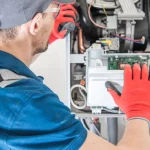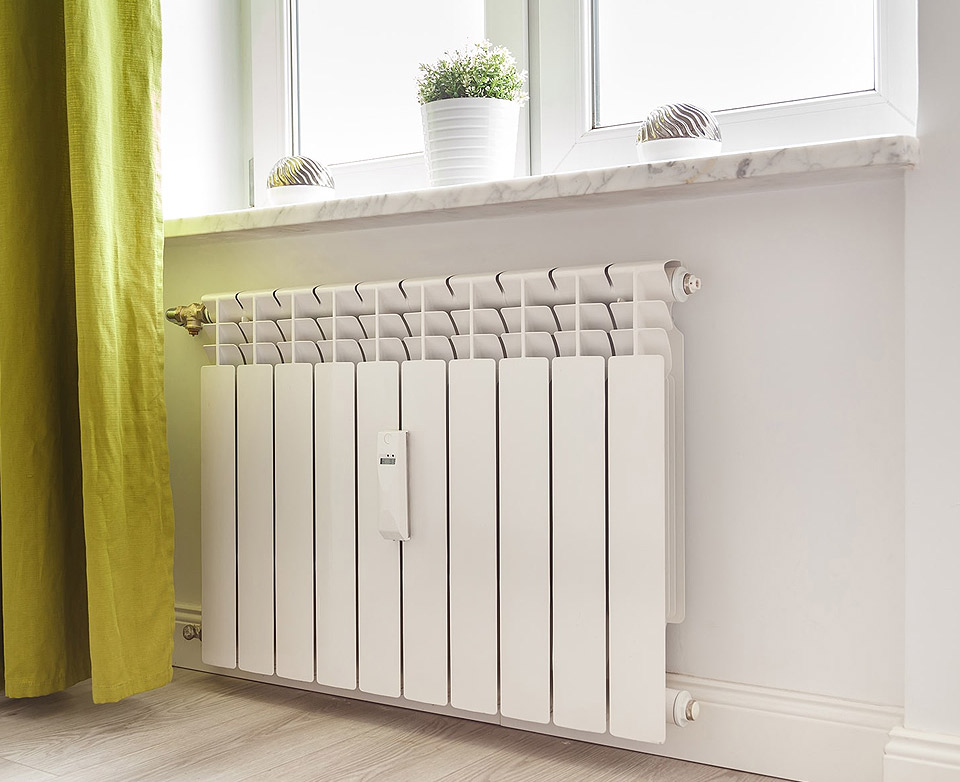How to Choose the Right HVAC System for Your Home
Choosing the right HVAC (Heating, Ventilation, and Air Conditioning) system for your home is a crucial decision that can affect your comfort, energy efficiency, and long-term costs. Here’s a step-by-step guide to help you make an informed choice:
1. Assess Your Heating and Cooling Needs:
- Consider your climate: Determine whether you need more heating, cooling, or a balanced system based on your region’s climate.
- Evaluate your home’s size: Calculate the square footage and the number of rooms that need heating and cooling. This information will help determine the system’s capacity.
2. Understand HVAC System Types:
- Learn about the various HVAC system types available, such as central air conditioning, heat pumps, ductless mini-splits, furnaces, and boilers.
- Understand the differences in how each type works and their efficiency in different climates.
3. Energy Efficiency and Ratings:
- Look for systems with high energy efficiency ratings like SEER (Seasonal Energy Efficiency Ratio) for cooling and AFUE (Annual Fuel Utilization Efficiency) for heating.
- Research the ENERGY STAR label, which indicates energy-efficient models that meet specific criteria.
4. Consider Zoning:
- Think about whether you want a zoned system. Zoning allows you to control the temperature in different areas or rooms independently, which can improve comfort and energy efficiency.
5. Sizing Matters:
- Have a professional HVAC contractor perform a load calculation to determine the right-sized system for your home. Oversized or undersized systems can lead to inefficiencies and comfort issues.
6. Think About Fuel Types:
- Depending on your location and fuel availability, you may choose between electric, natural gas, propane, or oil as your heating source. Consider the availability and cost of these fuels.
7. Maintenance and Longevity:
- Research the maintenance requirements of different systems. Some may require more frequent servicing than others.
- Consider the expected lifespan of the system and the availability of replacement parts.
8. Indoor Air Quality:
- Evaluate your indoor air quality needs. Some systems come with advanced filtration and air purification features that can improve indoor air quality.
9. Environmental Impact:
- Consider the environmental impact of the system. Some models use environmentally friendly refrigerants and are designed for lower carbon emissions.
10. Budget and Financing:
- Determine your budget for the HVAC system, including installation costs. Keep in mind that investing in a more efficient system may lead to long-term energy savings.
- Explore financing options, rebates, and tax credits that may be available in your area.
11. Professional Installation:
- Hire a reputable HVAC contractor with experience in installing the type of system you choose. Proper installation is critical for performance and longevity.
12. Warranties and Service Contracts:
- Review the warranties offered by different manufacturers. Understand what is covered, and consider purchasing an extended warranty or service contract for added peace of mind.
13. Get Multiple Quotes:
- Obtain quotes from multiple HVAC contractors. Compare not only prices but also services offered, warranties, and the reputation of the contractors.
By following these steps and conducting thorough research, you can make an informed decision when choosing the right HVAC system for your home, ensuring optimal comfort, energy efficiency, and long-term satisfaction.










